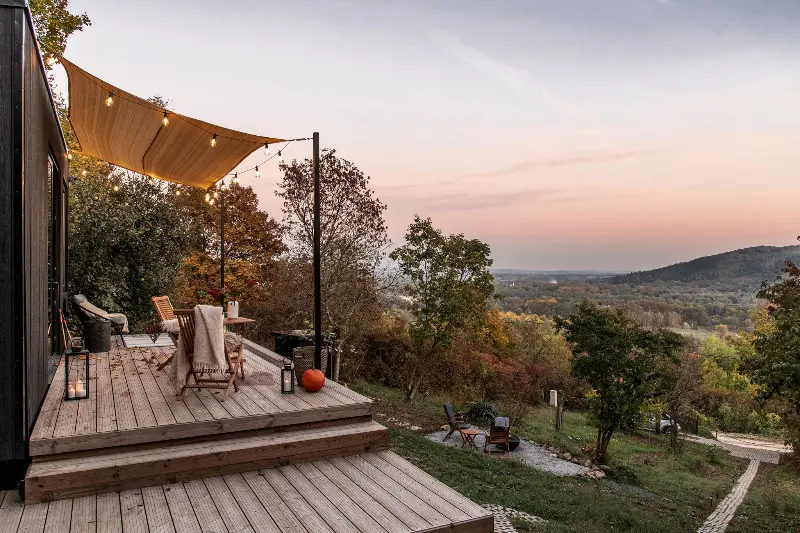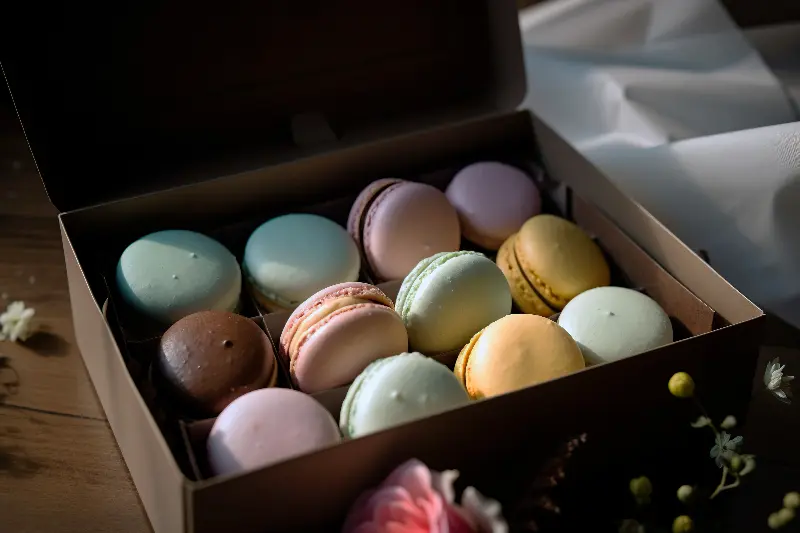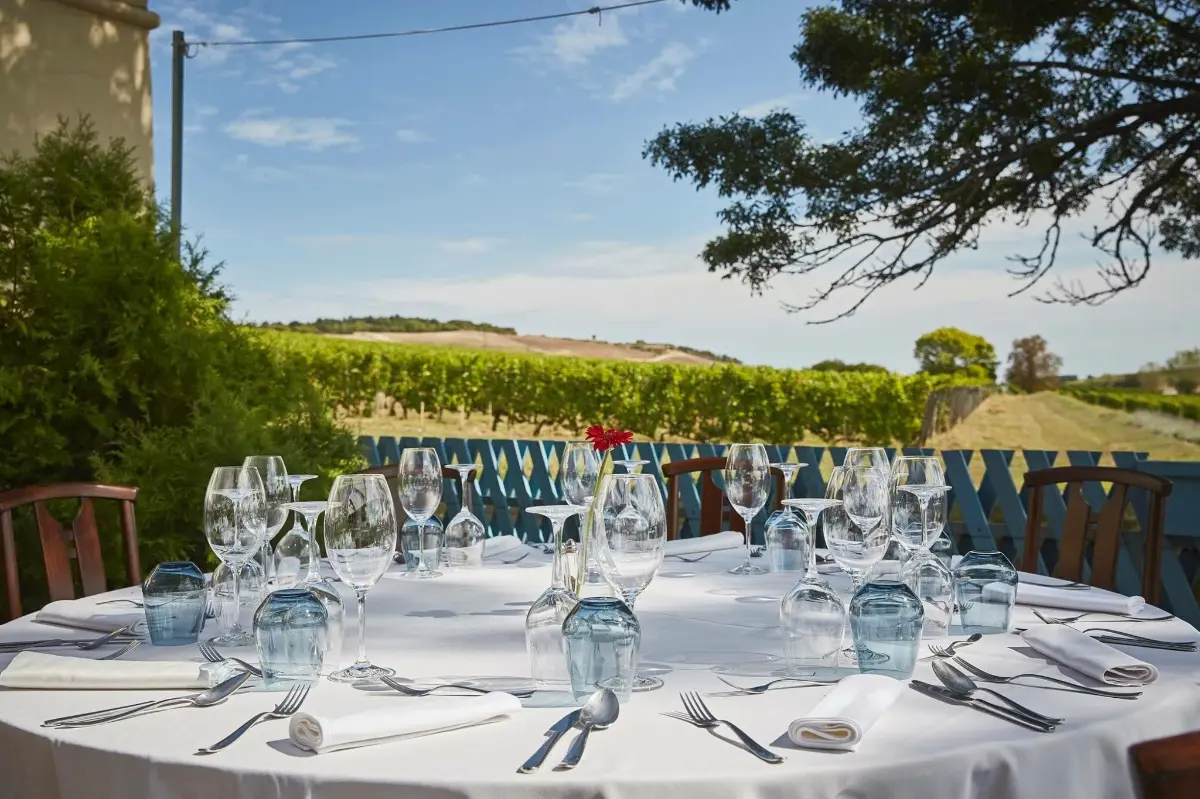
Helyszín címkék:
Famous dunes and springs that inspired our poets
Szabó Vivien
The identity of Hungarians is closely linked to grapes and wine - this is claimed not only by winemakers, but also by significant literary figures such as Sándor Márai or Béla Hamvas. Wine is not just an alcoholic drink, but a liquid of sacred importance, which plays an important role in our ceremonies, celebrations and in our everyday life. This tradition and unique approach live on in the works of our poets, who paint wine as a mystical drink. This poetic approach is well reflected by the wine-inspired works collected in our article, in which wine is not just a drink, but the embodiment of an entire culture and identity. Let's see which of our wine regions inspired our writers and poets!
The liquid gold of Tokaj
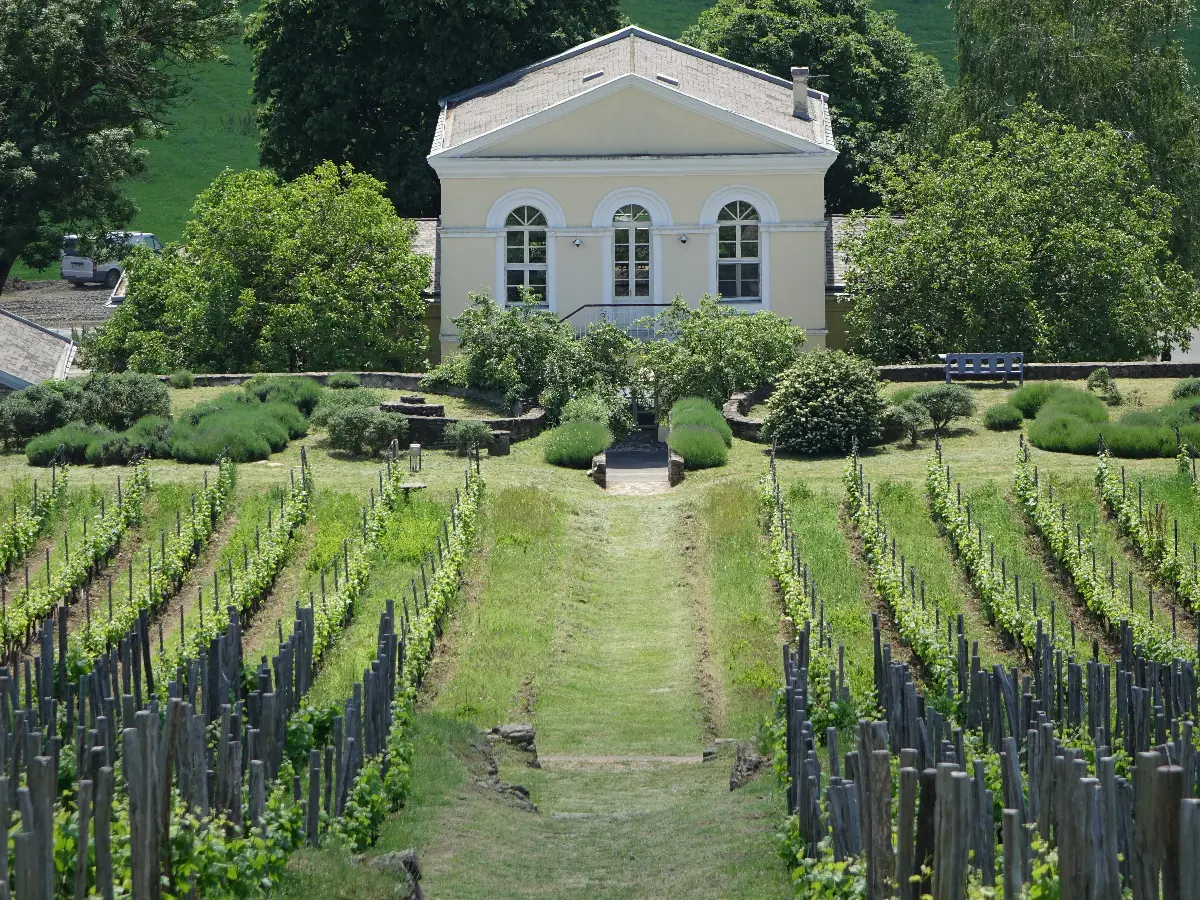
Tokaj-Hegyalja, the jewel of Hungary, has occupied a special place in Hungarian and world literature for centuries: its wines are not only among the world's finest wines, but have also inspired many poets throughout history. In his poems, the great Hungarian poet of the 19th century, Mihály Vörösmarty, emphasized not only the enjoyment of wine, but also the quality of wine: he wrote many praiseworthy verses about Tokaj and its wines, highlighting Tokaj Aszú, which he refers to as "liquid gold". In the works of Kálmán Mikszáth, Tokaj acquires a unique meaning, he often refers to it as the igniter of the soul, which people passionately and deeply enjoy. Béla Hamvas, who was a pioneer in the literary representation of Hungarian wine, often endowed our wines with human-like qualities. In the second part of his philosophy of wine, he mentions the Hegyaljai as follows:
"I also consider Hegyaljai a woman, but a king-woman."
We ourselves can experience the inspiring power of Tokaj, for example, looking at the downhills from the terrace of the Sárga Borház, sipping a fruity sweet Aszú, or drinking it in the romantic garden of the Hímesudvar Winery in the old town of Tokaj.
The power of heroic soldiers
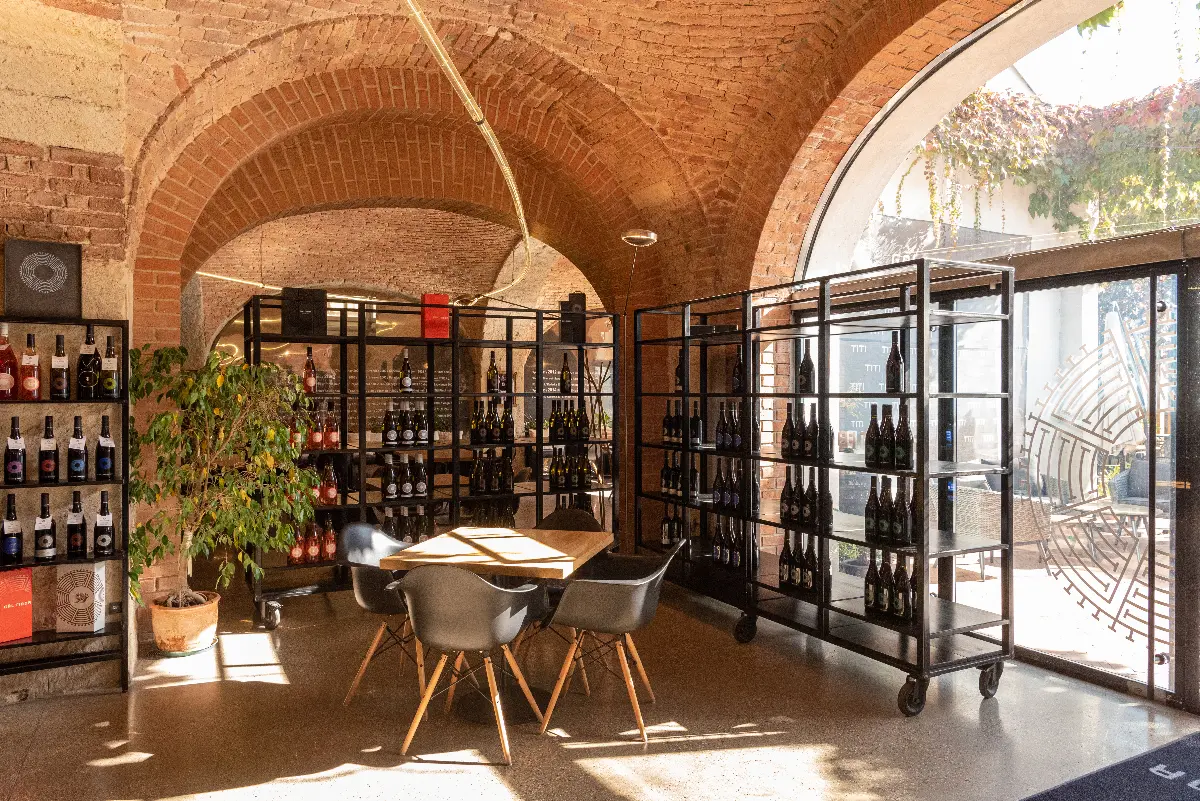
The glorification of Egri Bikavér in drinking-songs also goes back several centuries: according to legend, during the 1552 siege of Eger, the fiery Eger wine was used to boost the fighting spirit of the soldiers. Mihály Vörösmarty, the great poet of the reform era, stood out as one of the greatest advocates of Eger wine in several of his poems (Bad wine; Good wine). In his poem "Eger wine", he attributes the triumph of the siege in 1552 to the magical power of Eger wine. In literary circles, it is difficult to mention Eger without Géza Gárdonyi's classic, Eclipse of the Crescent Moon, where wine also plays a central role: the heroes of the novel, the soldiers "drinking Egri Bikavér" finish off the "water drinkers in clobbers".
If we would like to arm ourselves with the strength of the Eger castle defenders, tasting good strong Bikavér, the wineries of Eger and its region await us with open cellars. Whether it is the panoramic terrace of the Rege estate, the tasting room of the Bolyki Winery in a former quarry, or the beautiful downtown wine bar of the Winery of Tibor Gál, the Bikavér is guaranteed to fire up the atmosphere.
Fire wine of volcanoes
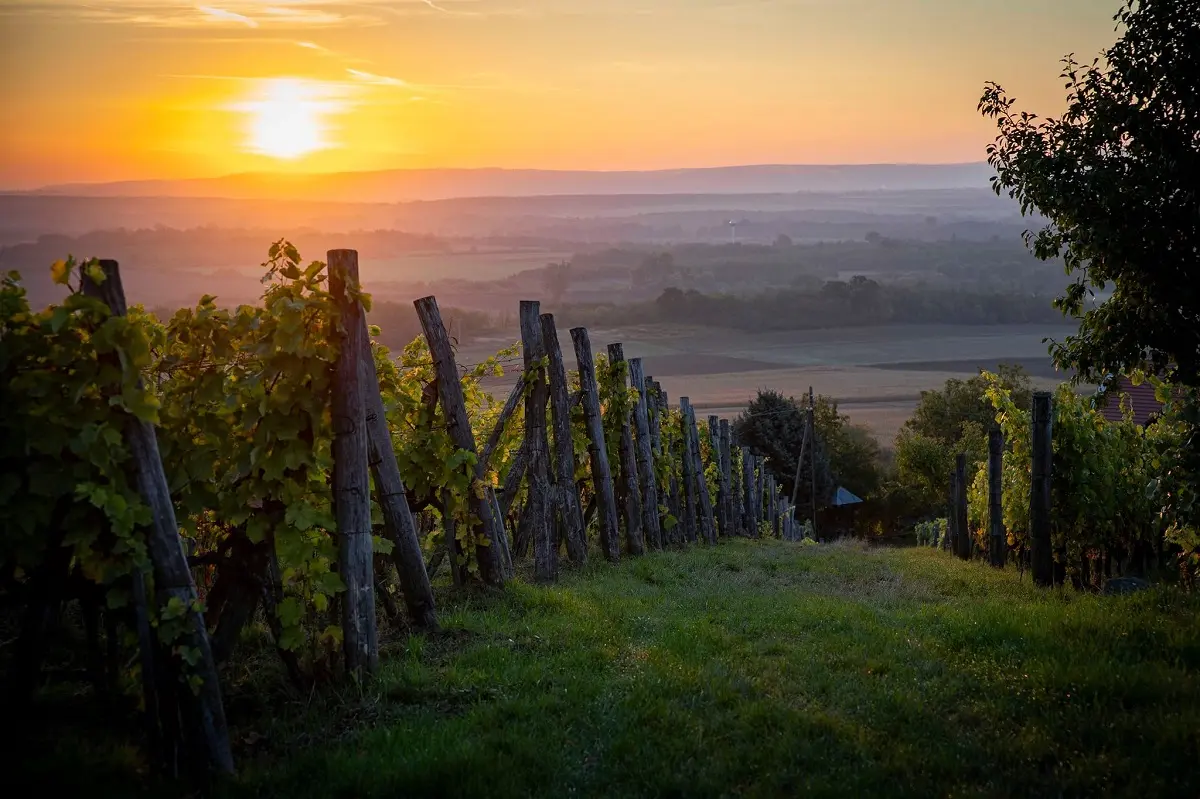
Somlóhegy is associated with countless legends, fairy tales and poetic works, which make it stand out among the domestic wine-growing areas. In his novel titled Szinbád goes home, Sándor Márai refers to Somlai as an "eternal thing", "in the smell, in the oily dense taste of which something from the traditions of the old Italian vine-branches lives on". In the works of Dániel Berzsenyi, the vineyard appears as an idyllic countryside, while Kálmán Mikszáth was inspired by the atmosphere of the real, old Somló harvest in his novel, Young Noszty and Mary Tóth. Béla Hamvas, as we mentioned earlier, is a great expert and praiser of our domestic wines. In his work The Philosophy of Wine, he covers countless regions and varieties, but one stands out from all of them:
"The fire wine of Somló, grew on a volcano. Of all our wines, Somlai is the best for me."
Although the wine region is small, there is no shortage of wineries: you can taste the region's favourite varieties in the wine cellar of the Tornai Winery, on the elegant, panoramic glass terrace of the Kreinbacher Estate or in the special location of the Somlói Vándor cellar.
The unique world of Hungarian wines, with their rich history and special taste, constantly inspires poets and writers. Just as the ripe taste of grapes inspires wine producers, it also inspires poets and literary creators to capture the charm of wines and landscapes in words and poems. This mutual inspiration and creation is what makes the relationship between wine and literature eternal both in Hungary and around the world.
